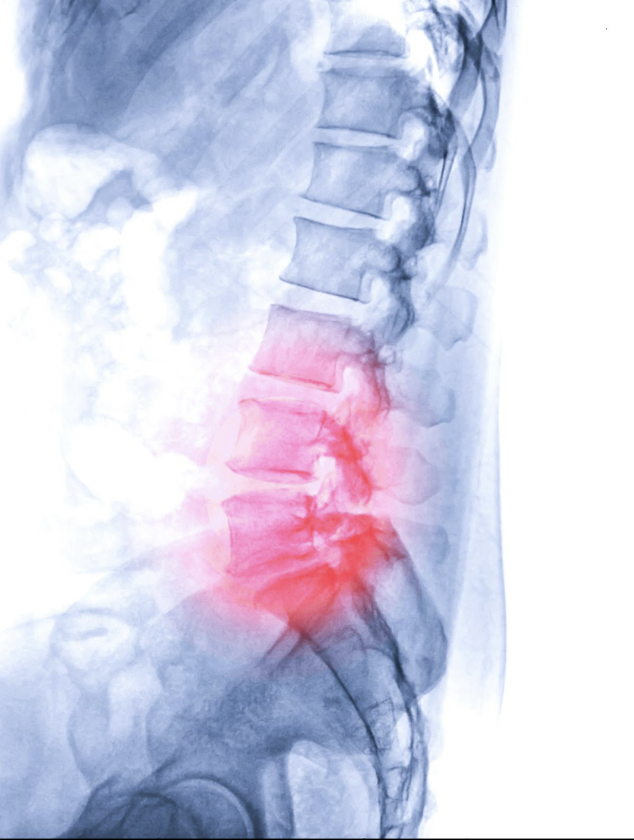Nonsurgical decompression is the practice of using stretching, negative intradiscal pressure, or inversion to pull displaced disc material back into its proper place between two vertebrae. Commonly, devices like decompression tables are used, along with traction devices that are fastened around the patient’s neck or back. A vacuum effect stretches the back so that shifted or displaced material can return to its natural position, thereby releasing neural compression. To learn about the causes of nerve compression and the treatments available for lasting relief from your symptoms, read the following article.
What Causes Neural Compression
Neural compression is caused when spinal disc material or bone pinches the nerve passageways in the spine. This compression can have a variety of causes, including:
- Herniated discs
- Bulging discs
- Bone spurs
- Spondylolisthesis
- Facet disease
While nonsurgical decompression has proven beneficial for some patients, it only induces decompression by realigning damaged anatomical components, rather than addressing the underlying causes of compression, so pain relief is usually temporary. Additionally, nonsurgical decompression will not improve compression due to bone spurs.
Minimally Invasive Nerve Decompression
If you have neck or back pain and have not been able to achieve lasting relief with conservative treatments such as pain medication, epidural steroid injections, physical therapy, massage, or nonsurgical decompression, your doctor may suggest more targeted treatment. If you’re looking for a safer effective alternative to traditional open spine surgeries, contact BEST Health System to learn how our minimally invasive spine surgery may be able to help.
At BEST Health System, our outpatient procedures can help patients find relief. To determine if you are a potential candidate for our minimally invasive decompression procedures, reach out to our dedicated team today. We can help you move to the next step on your journey to wellness.
